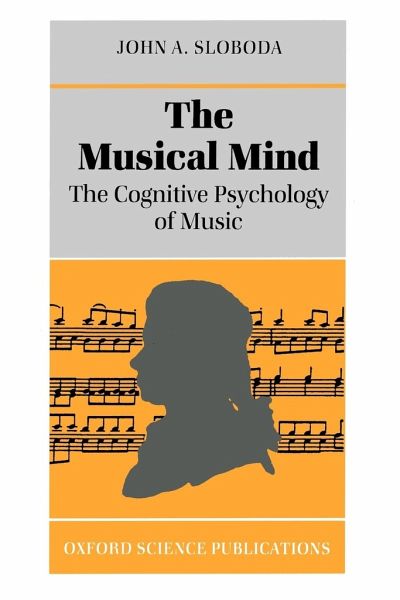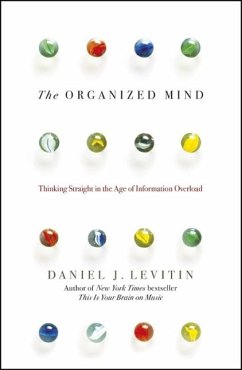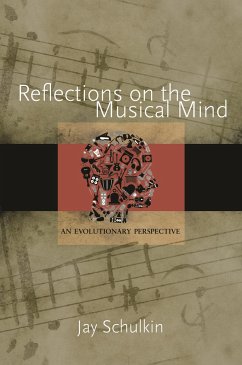
The Musical Mind
The Cognitive Psychology of Music
Versandkostenfrei!
Versandfertig in 1-2 Wochen
103,99 €
inkl. MwSt.

PAYBACK Punkte
52 °P sammeln!
What are the mental processes involved in listening to, performing, and composing music? What is involved in 'understanding' a piece of music? How are such skills acquired? Questions such as these form the basis of the cognitive psychology of music. The author addresses these questions by surveying the growing experimental literature on the subject. The topics covered will be of interest to psychologists, as windows onto a human cognitive skill of some complexity that is only now beginning to receive the attention devoted to such skills as language. They are also relevant to musicians who are ...
What are the mental processes involved in listening to, performing, and composing music? What is involved in 'understanding' a piece of music? How are such skills acquired? Questions such as these form the basis of the cognitive psychology of music. The author addresses these questions by surveying the growing experimental literature on the subject. The topics covered will be of interest to psychologists, as windows onto a human cognitive skill of some complexity that is only now beginning to receive the attention devoted to such skills as language. They are also relevant to musicians who are seeking to understand the psychological bases of their skills. The author does not simply review existing research, but takes a critical look at what has been achieved in the subject, introducing such topics as composition and musical skill in non-literate cultures. He draws freely on his own knowledge and experience as a practising musician, as well as a psychologist, to provide an overview that is scholarly and also accessible to the general reader.














